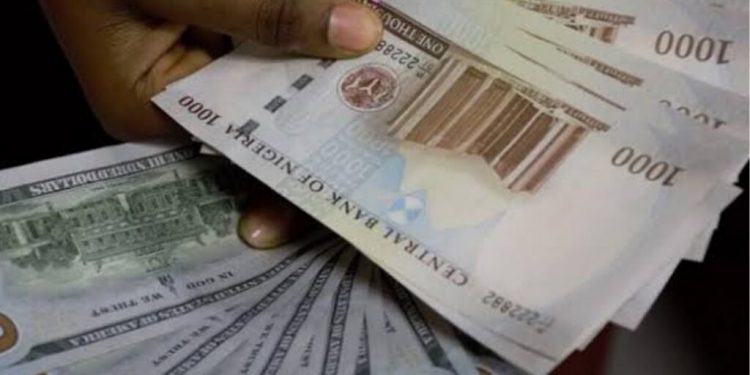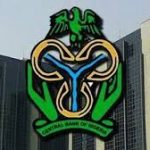- The exchange rate between the naira and dollar on the parallel market experienced a sharp decline, trading at around N1,745/$1 on Wednesday morning, a significant reversal from sub-N1,600 levels seen last week.
Market Developments
- Parallel Market Trends:
Earlier quotes placed the exchange rate around N1,685/$1, but the rate quickly depreciated as businesses resumed.- P2P exchanges quoted N1,715/$1.
- IMTOs (International Money Transfer Operators) showed rates as high as N1,745/$1.
- Stock trading apps like Bamboo and Trove quoted rates of N1,730/$1 and N1,736/$1, respectively.
- Official Market:
On Tuesday, the official market closed at N1,525/$1, marking its strongest close since the introduction of the Enhanced Foreign Exchange Market (EFEM).
Disparity Between Markets
The growing gap between the official rate and the parallel market rate now exceeds N200, raising concerns over:
- A potential disconnect between the central bank’s managed official market and the black market, where most retail currency trades occur.
- The inability of the official market to absorb pressure from demand in informal trading channels.
Speculation and Market Dynamics
Bureau de Change (BDC) operators attribute the depreciation to:
- Speculative activities, with traders holding onto dollars despite the Central Bank of Nigeria’s (CBN) efforts to stabilize the market.
- Skepticism about the effectiveness of the CBN’s new trading platforms.
Implications
The continued depreciation of the naira in the parallel market could exacerbate:
- Inflationary pressures, particularly for imported goods and services.
- Investment concerns, as currency instability affects investor confidence.
- Policy challenges, with the CBN under increasing pressure to bridge the gap between markets.
What’s Next?
As this story develops, all eyes are on the CBN to:
- Implement additional measures to address the growing disparity.
- Ensure liquidity and curb speculation in the forex markets.
Stay tuned for further updates as this situation evolves.










